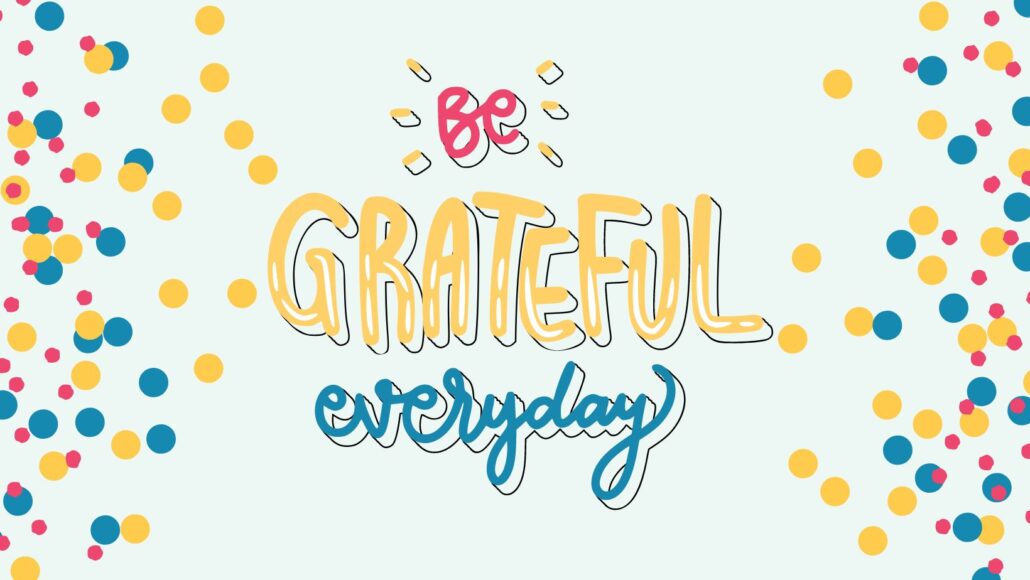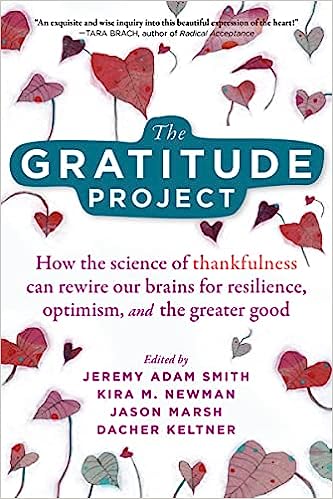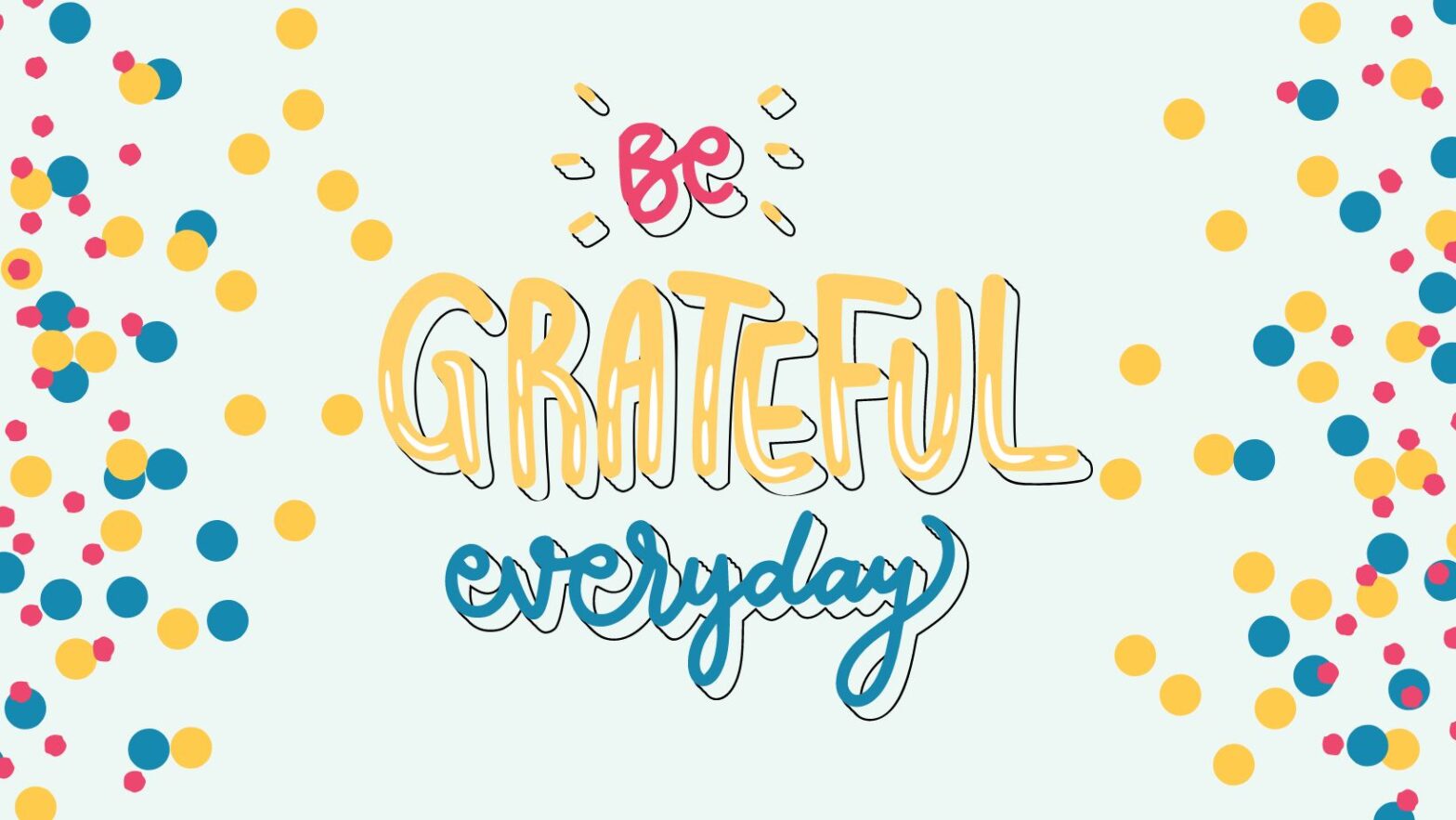“I’m eternally grateful!” doesn’t have to be just something you say to a friend who does you a favor. You may actually want to try it. New research says keeping up that attitude of gratitude throughout your lifetime benefits you way more than your friend. Gratitude improves your well-being and consequently your recovery in many ways.
So…what is gratitude? How does it work? And what can we do to gain its benefits?
What is gratitude?
Gratitude is more than a positive attitude. When you a) notice something good in your life and b) feel appreciation for it, you’re experiencing gratitude. You recognize that someone else made your life better in some way, whether that’s through an action, a gift, or some other form of kindness.

So, “I love the weather today,” is a positive attitude, but “I’m so thankful my boss let me go a couple of hours early so I can enjoy the sunshine,” is gratitude.
How does gratitude help recovery?
If you walk around primed for gratitude all the time, you’re going to be perpetually focused on what’s good. Gratitude then becomes a gateway to other positive emotions that give your well-being a boost. In fact, science links gratitude to lots of benefits that can improve your recovery journey, such as:
- Stronger immune system
- Improved sleep patterns
- Less loneliness and isolation
- Better mental health
- Healthier relationships

If you focus on gratitude during treatment, you are more likely to minimize the negative factors of your life, and to accentuate the positive. This can release you from toxic emotions and lead to an upward spiral of joy, excitement, and optimism.
How can you practice gratitude?

Researchers tested a variety of tasks to determine what would gain their test subjects the benefits of gratitude. So, to start reaping those same benefits that people enjoyed in the studies, you can:
- Keep an ongoing gratitude journal
- Be specific about the things you are grateful for
- List three good things at the end of each day
- Focus on the people you are grateful to
- Notice the small things
- See good things as gifts
- Share gratitude with others
Making gratitude a part of your daily self-care is a good way to commit and stick with it for the long-term benefits.
Even if practicing gratitude didn’t improve your mental and physical health, it would still be worth it for the immediate mood boost it provides. All it takes is a moment and a choice. Choose gratitude over and over, every day, and you develop a habit that will enrich your life.

Source:

Smith, J. A., Newman, K. M., Marsh, J., & Keltner, D. (2020). The Gratitude Project: How the Science of Thankfulness Can Rewire Our Brains for Resilience, Optimism, and the Greater Good. New Harbinger Publications.


